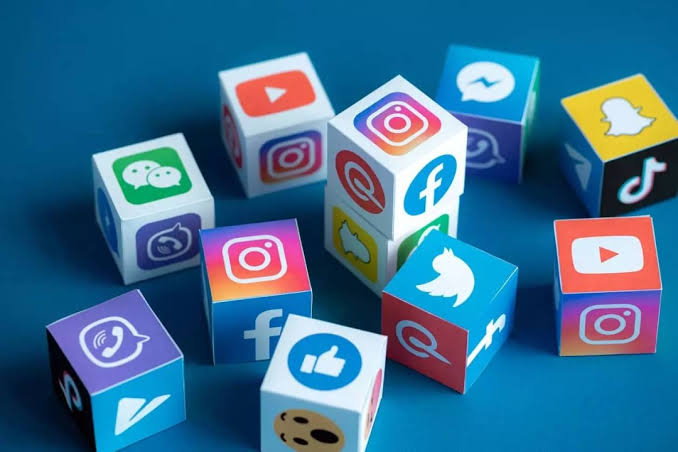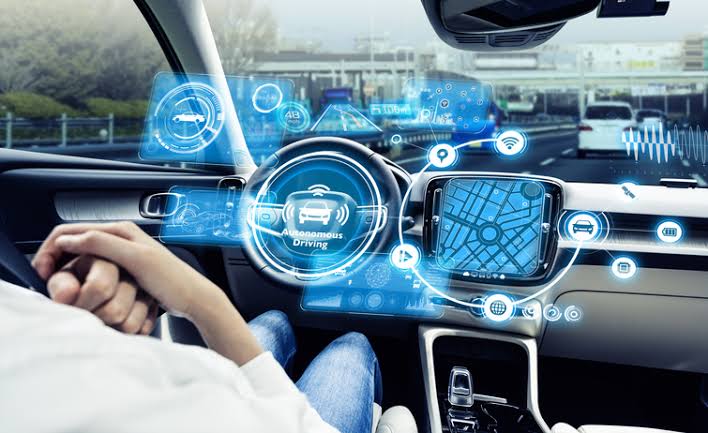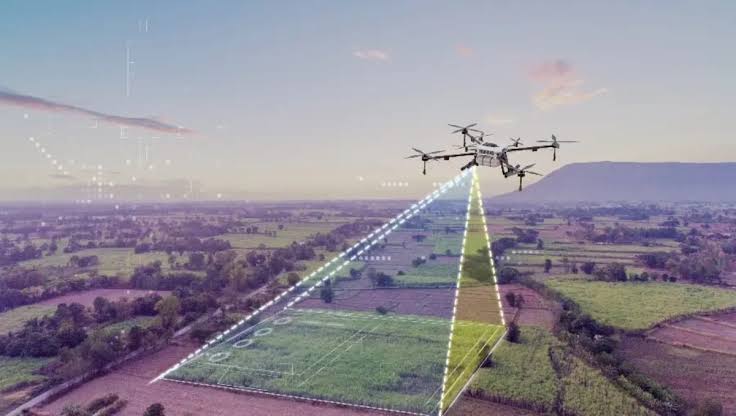Social media has become an inseparable part of modern life, influencing how people communicate, interact, and consume information. Platforms like Facebook, Instagram, X (formerly Twitter), TikTok, and LinkedIn are no longer just tools for sharing photos or updates. They have grown into powerful ecosystems that shape culture, politics, business, and even mental health. As of 2025, the role of social media in society continues to expand, offering both benefits and challenges that affect individuals and communities globally.
Transforming Communication and Connectivity
Social media has revolutionized the way people communicate. Instead of relying solely on phone calls or emails, individuals now use instant messaging, video calls, and direct messages to connect with others worldwide.
- Families and friends maintain close relationships despite geographical distance.
- Businesses use social platforms to connect with customers in real time.
- Communities organize themselves through groups, hashtags, and online forums.
This instant and accessible communication has bridged cultural and geographical divides, creating a more interconnected world.
Influencing Culture and Trends
Cultural influence is one of the most visible impacts of social media. Trends, challenges, and viral content spread globally within hours, shaping fashion, music, entertainment, and even language.
- TikTok challenges and Instagram reels introduce new dance moves, slang, and styles.
- Influencers and content creators have replaced traditional celebrities as cultural leaders.
- Social media accelerates the spread of global movements, from environmental campaigns to social justice causes.
While this makes culture more dynamic and accessible, it also contributes to rapid shifts that can make trends feel short-lived.
Driving Business and Marketing
Social media is now a central pillar of modern business. Companies leverage platforms to advertise, engage with customers, and increase sales. Personalized ads and influencer partnerships allow brands to reach specific audiences with precision.
- Small businesses can build a global presence without traditional advertising costs.
- E-commerce is boosted by shoppable posts and in-app purchasing features.
- Customer service has moved online, with businesses responding directly to inquiries and complaints.
However, the reliance on social platforms for business also creates risks, as algorithms and platform policies can heavily influence visibility.
Shaping Politics and Public Opinion
Social media has also become a powerful tool in politics. Politicians, governments, and activists use these platforms to reach voters, share agendas, and mobilize movements.
- Election campaigns rely heavily on social media engagement.
- Social platforms amplify social justice movements, giving marginalized voices a platform.
- Governments and policymakers monitor online conversations to understand public concerns.
On the other hand, misinformation and fake news spread quickly, creating challenges in maintaining informed public discourse.
Impact on Mental Health
The mental health impact of social media is one of its most debated aspects. While it can provide support and connection, excessive use often leads to negative effects.
- Constant comparison with others fosters feelings of inadequacy.
- Cyberbullying and online harassment affect self-esteem, especially among young users.
- Overuse can lead to addiction, affecting sleep and productivity.
On the positive side, online communities provide support for individuals facing loneliness, mental health challenges, or rare medical conditions, creating safe spaces for sharing and healing.
Education and Learning Opportunities
Social media has expanded beyond entertainment to become an educational tool. Platforms like YouTube, LinkedIn Learning, and even TikTok offer knowledge-sharing content that supports skill development.
- Students can access study materials and tutorials for free.
- Educators use platforms to engage with learners outside the classroom.
- Professionals use social networks like LinkedIn to enhance career growth.
However, the mix of credible and non-credible sources means users must carefully evaluate information to avoid misinformation.
Social Media and Relationships
Relationships are now heavily shaped by social media interactions. People meet friends, partners, and even professional contacts online.
- Dating apps and platforms create opportunities for new connections.
- Social media helps people stay in touch with distant family and friends.
- Shared experiences, such as posting milestones, strengthen bonds.
Yet, excessive reliance on digital interaction sometimes weakens real-life communication skills and creates unrealistic expectations in personal relationships.
Impact on Youth and Generations
Younger generations are the most influenced by social media. From an early age, children are exposed to digital platforms, shaping how they see the world.
- Gen Z and Gen Alpha rely heavily on social platforms for entertainment, education, and news.
- Creativity flourishes as young people use tools for art, music, and storytelling.
- Exposure to online risks such as harmful content and scams remains a challenge.
The generational divide is evident, as older individuals often approach social media with caution while younger users see it as a natural part of daily life.
Social Media and Global Awareness
One of the strongest positive impacts of social media is its ability to raise awareness about global issues. Humanitarian crises, environmental concerns, and health campaigns gain visibility through viral content and widespread sharing.
- Climate change campaigns gain international traction through hashtags.
- Fundraising for emergencies, such as natural disasters, becomes faster and more effective.
- Health awareness campaigns, like those during the COVID-19 pandemic, educate billions in real time.
This instant access to global events makes people more informed and engaged with worldwide challenges.
Conclusion
The impact of social media on society today is profound and multifaceted. It has transformed communication, business, culture, and education while also raising challenges around mental health, misinformation, and privacy. As it continues to evolve, society must balance the benefits of connectivity and innovation with the need for responsible use.
Social media is not just a tool but a powerful force shaping how people live, think, and interact. Its influence will only continue to grow, making it essential for individuals and communities to harness its potential wisely.



